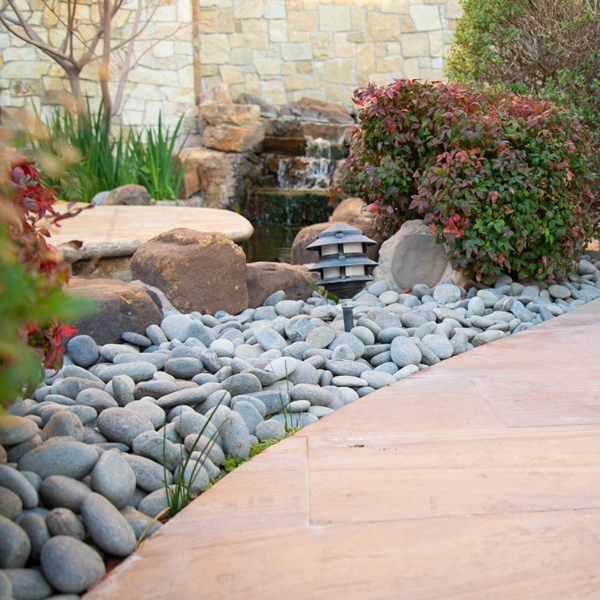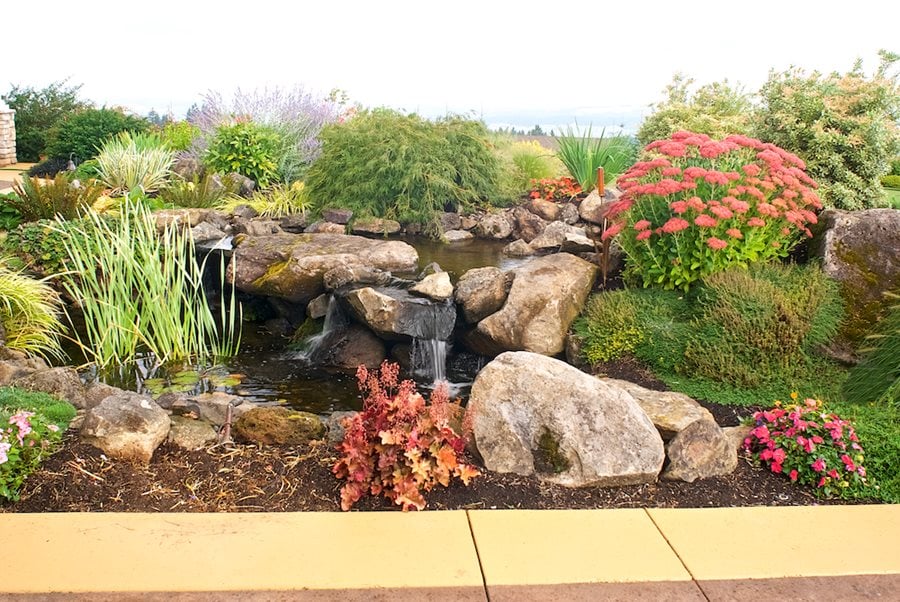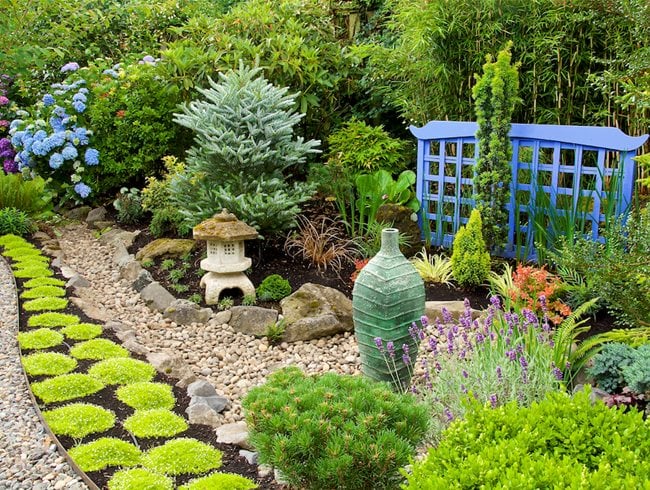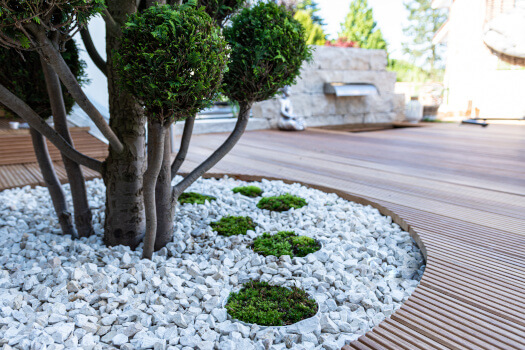Welcome to the world of garden decorative rocks! Transforming your outdoor space into a serene and beautiful oasis has never been easier.
What Are Garden Decorative Rocks?
Garden decorative rocks are stones used for landscaping and aesthetic purposes. They come in various shapes, sizes, and colors, allowing homeowners to express their style and enhance the beauty of their outdoor spaces.
Types of Decorative Rocks for Gardens
1. River Rocks
These smooth stones, usually found in riverbeds, come in a range of colors and sizes. They are perfect for creating natural-looking landscapes and can also help with drainage.
2. Lava Rocks
These dark, porous rocks add texture and can absorb heat, making them ideal for xeriscaping or desert gardens.
3. Pebbles
Small and uniform, pebbles can be used for pathways, as mulch, or in decorative flower beds.
4. Crushed Stone
This type of rock is often used for driveways, paths, and as a base for other landscaping materials.
5. Boulders
Large rocks can serve as focal points in the garden or create natural barriers and features.

Comparison Table of Decorative Rock Types
| Rock Type | Size | Best Use | Color Variations |
|---|---|---|---|
| River Rocks | Small to medium | Landscaping, drainage | Gray, brown, tan |
| Lava Rocks | Medium to large | Xeriscaping | Dark red, black |
| Pebbles | Small | Paths, flower beds | White, gray, mixed |
| Crushed Stone | Varied | Driveways, bases | Gray, blue, beige |
| Boulders | Large | Focal points | Various |
Benefits of Using Decorative Rocks
1. Low Maintenance
Once you have your decorative rocks in place, they require little to no maintenance, making them a time-saving option.

2. Weed Control
Rocks can help suppress weed growth, reducing the time and effort needed for garden upkeep.
3. Enhancing Drainage
Many types of rocks promote better water drainage, preventing potential water pooling in your garden.

4. Aesthetic Appeal
Decorative rocks come in various colors and textures, allowing you to create stunning visual contrasts in your garden.
5. Versatility
They can be used for various purposes, including mulching, pathways, borders, and decorative arrangements.

DIY Ideas for Using Decorative Rocks
Here are some inspiring do-it-yourself projects that incorporate decorative rocks:
1. Rock Garden
Create a rock garden by arranging various sizes of rocks and complementing them with drought-resistant plants.

2. Decorative Pathway
Use pebbles or larger stones to create a beautiful and natural-looking pathway through your garden.
3. Flower Bed Borders
Line your flower beds with decorative rocks to create a defined edge and add visual interest.
.jpg)
4. Succulent Arrangements
Arrange decorative rocks with succulents for a charming display that requires minimal care.
5. Fire Pit Area
Surround a fire pit with lava rocks or boulders for a rustic and inviting gathering space.

Choosing the Right Decorative Rocks for Your Garden
Consider Your Garden Style
Your choice of decorative rocks should complement the overall style of your garden—whether it’s modern, traditional, or tropical.
Size Matters
Think about the scale of rocks in relation to your plants and other features to ensure a harmonious look.
Color Coordination
Select colors that either contrast or match the existing elements in your garden for a cohesive design.
Budget
Be mindful of your budget, as prices can vary significantly based on type, size, and availability.
Installing Decorative Rocks: A Step-by-Step Guide
Step 1: Planning Your Design
Sketch your garden layout and decide where you want to place your decorative rocks.
Step 2: Preparing the Area
Clear the area of existing plants, weeds, and debris. Ensure the ground is level.
Step 3: Laying a Barrier
To prevent weed growth, lay down landscaping fabric before adding rocks.
Step 4: Placing the Rocks
Start placing the rocks in your desired patterns, ensuring to leave space for plants if applicable.
Step 5: Finishing Touches
Add soil around the rocks if needed, and water any plants nearby to help them settle.
Maintenance of Decorative Rocks
Periodic Cleaning
Occasionally wash your decorative rocks to keep them looking fresh and vibrant, especially if they are exposed to the elements.
Weed Control
Check for any weeds that may sprout and remove them promptly to maintain the aesthetic quality of your rocks.
Restoration
If rocks become dislodged or misplaced, simply readjust them to maintain your design.
Pros and Cons of Decorative Rocks
Pros
- Low maintenance needs.
- Durable and long-lasting.
- Effective weed suppression.
- Various styles and colors available.
- Enhanced drainage capabilities.
Cons
- Can be heavy and difficult to move.
- Some types can be expensive.
- May retain heat, affecting nearby plants.
- Limited color options for certain styles.
- Installation may require considerable effort.
Frequently Asked Questions (FAQs)
What are the best decorative rocks for a flower bed?
Pebbles and small river rocks are ideal for flower beds as they provide good drainage and add aesthetic appeal.
Can I use decorative rocks for drainage purposes?
Yes, many decorative rocks, such as crushed stone and river rocks, are excellent for drainage.
How do I keep weeds out of decorative rocks?
Laying landscaping fabric and regularly checking for weeds will help maintain a weed-free area.
Are decorative rocks safe for pets?
Most decorative rocks are safe for pets, but be cautious with very small pebbles as they can be a choking hazard.
How do I choose rock colors for my garden?
Consider the colors of your existing plants and garden features. Aim for either complementary or contrasting colors to enhance your design.